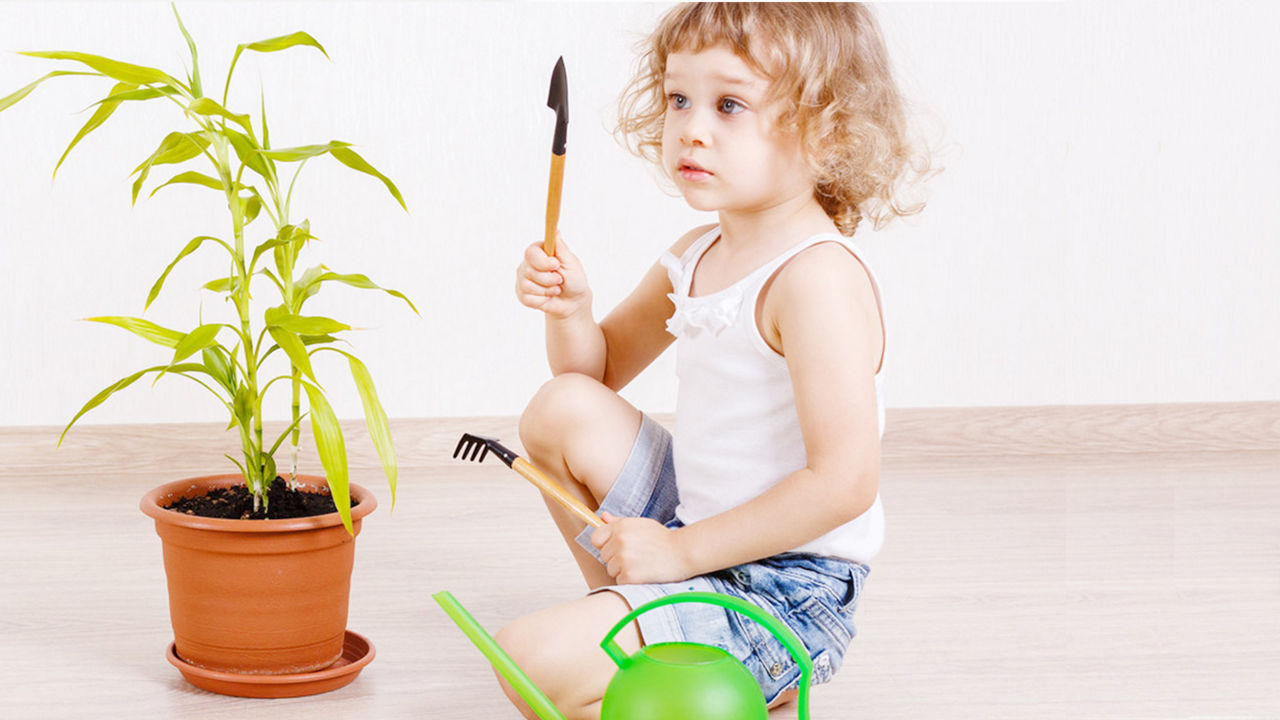Breastmilk is the best for babies. The World Health Organisation recommends exclusive breastfeeding for the first six months of life. Unnecessary introduction of bottle feeding or other food and drinks will have a negative impact on breastfeeding. After six months of age, infants should receive age-appropriate foods while breastfeeding continues for up to two years of age or beyond. Consult your doctor before deciding to use infant formula or if you have difficulty breastfeeding.
What your child learns
Your little one is getting more active and will want to test his new skill in more challenging situations, such as climbing and balancing. Allowing him to move around is a good way to channel his energy and encourage physical development. Toddler-safe playgrounds are an excellent place to start.
What your toddler needs
Most toddlers need around 11 to 12 hours of nighttime sleep, plus roughly 1.5 to 3 hours of nap time, for a total of about 13 to 15 hours of sleep per day. It's good to monitor their sleep schedule to have good sleeping habits.
For food wise, be patient if he does not eat his green beans but offer him healthy options and let him choose what he wants. A little praise for making good choices does not hurt.
Our AptaAdvantage Tip
It is important to offer a variety of nutritious food and to include fruits, vegetables, proteins, starches and healthy fats. Do not fret over the quantity of food but provide good quality food to your toddler. Milk and dairy products like cheese and yoghurt are still essential to your toddler's diet, so do not leave them out.

Connect with our team of experts
We provide advice and support for you on your parenthood journey



